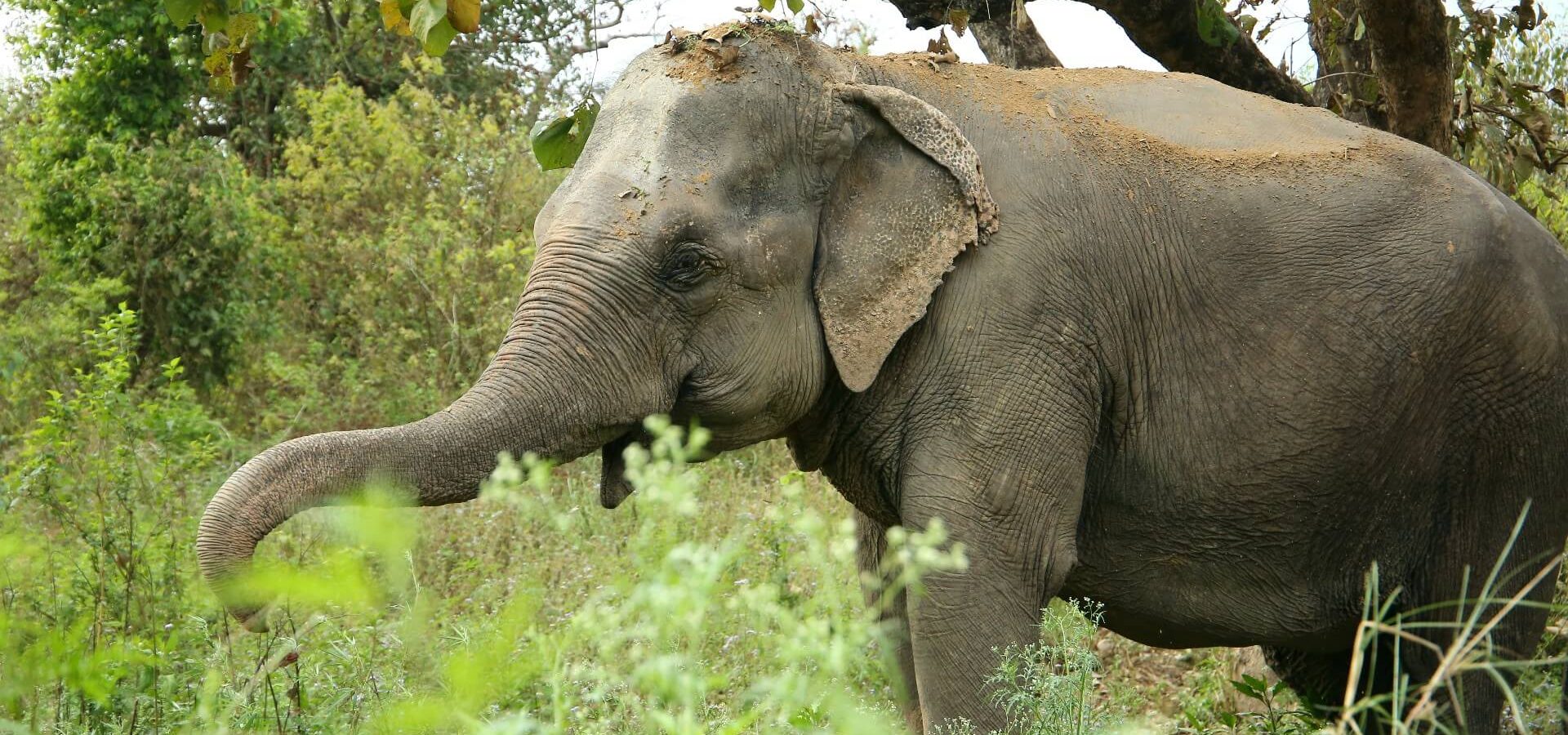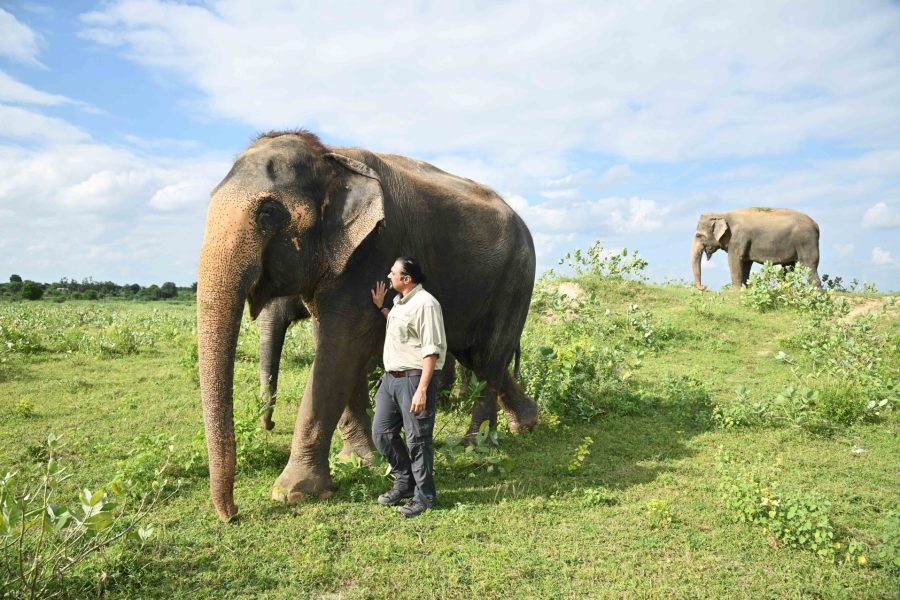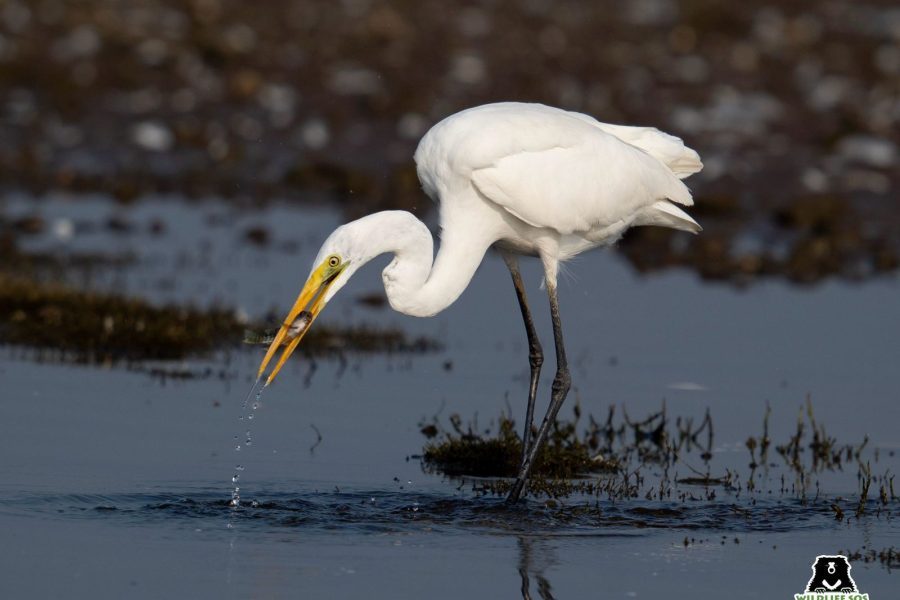The Wildlife ( Protection) Act, 1972 is the principal legislation governing the protection and conservation of wildlife in India. In its 50th year, the Act is proposed to be amended by the Central Government under consideration by the Parliamentary Standing Committee on Science and Technology, Environment, Forests, and Climate Change. The chairman of this committee Mr. Jairam Ramesh has invited comments from the public.
This amendment is one of the most substantial amendments of this Act, and thus more scrutiny and profound contemplation are required to ensure that the Protection given to Wild animals is not diluted.
With the intention to further strengthen the amendment that has already broadened the scope of the act, Wildlife SOS humbly submitted to the Parliamentary Committee a set of comments and suggestions on the proposed amendments to the Wildlife (Protection) Act, 1972.
You can read our detailed comments on the amendment below.
Memorandum and submissions on Wildlife Protection Amendment Bill, 2021
The Wildlife Protection Act (1972) is the principal legislation governing the protection and conservation of wildlife in India. Now in its 50th year, the Act is proposed to be amended by the Central Government. This amendment is one of the most substantial amendments of this Act, and thus more scrutiny and profound contemplation are required to ensure that the Protection given to Wild animals is not diluted. Therefore, we are presenting some areas of concern that need to be addressed before the implementation of this Amendment.
Our Concerns are as listed below:
As per the Wildlife Protection Act, 1972, the transfer, acquisition, and receiving of a live captive elephant was permitted under legal provision only with prior approval of Chief Wildlife Warden, and no commercial transactions were allowed. A combined reading of section 40 and section 43 of the Act clearly states that:
I. Any Captive elephant can be transferred, acquired, or received only by prior written approval of the Chief Wildlife Warden.
II. Such transfer should NOT include any commercial transaction, that is, the sale and purchase of elephants are prohibited.
The proposed amendment seeks to insert a new sub-section (4) in Section 43 which exempts ‘live elephants’ from the prohibition of commercial sale. The proposed subsection (4) states the following:
“This section shall not apply to the transfer or transport of any live elephant by a person having a certificate of ownership, where such person has obtained prior permission from the State Government on fulfillment of such conditions as may be prescribed by the central Government.”
1. The amendment is unclear with respect to clarifying what type of permissions of the state government and what sort of conditions of the central government are being referred to. Absolute clarity is required in this regard.
2. Enabling the amendment without proper regulations and clarity will result in improper transfers and trafficking of the elephants.
3. To ensure that proper checks and balances are in place while allowing the transfer of such elephants, ensuring their well-being and welfare, its critical that the type of permissions required from the state government and the conditions of the central government be clarified accordingly. Without these clarifications the amendment in its current form will dilute the protection given to elephants by facilitating the commercial sale of the elephants. With the present amendment, the protection given to elephants is being diluted by permitting commercial trade of elephants for the first time in 50 years. If the sale and purchase of commercial elephants are carried out, it will be disastrous to the conservation efforts for this endangered species, undoing five decades of work done to protect the national heritage animal of India.
4. The proposed amendment fails to protect the captive elephants in need of geriatric care, injured elephants and tortured elephants in need of urgent treatment and rehabilitation. These elephants are tortured to continue begging, providing services and are in need of urgent treatment and rehabilitation. If sale of such elephants is allowed to happen, they will be stuck in a perpetual cycle of abuse. Therefore it is requested that a provision be made for such elephants to be retired and surrendered to the forest department for long term treatment and care. Provisions for seizure should also be made for captive elephants that show signs of extreme abuse and ill treatment.
5. The proposed amendment does not cater to the plight of captive elephants and thus it is requested that Project elephant guidelines for care and management of captive elephants of 2008 be incorporated in the amended Wildlife protection act as an annexure to ensure that a benchmark is specified and enforced for care and management of captive elephants.
6. The term “Live Elephant” has not been defined anywhere in the act. Without a proper definition, it could mean wild elephants, poached elephants, captive elephants, and elephants bred in captivity. Thus a definition of this term is very necessary and urgently required.
7. We also submit that the amendment is going against the recommendations of theElephant Task Force, which was constituted by the MOEF, Government of India and was under the leadership of Mahesh Rangarajan. The report came out in 2010 and had recommended that acquisitions of elephants already in captivity or wild caught should be phased out. The task force had also recommended amending the law to prohibit the sale, transfer, power of attorney, lease, gift, and donation of elephants along with the establishment of lifetime care centers to provide for the care and treatment of such elephants as a step to phase out the practice of keeping captive elephants.
Having stated the above, we would like to submit that we understand the rationale behind the proposed amendment, namely, to regulate the illegal sale of captive elephants that was taking place already with valid ownership certificates. However, without defining proper checks and balances, by way of clarification and strict regulation, the amendment could be misused and could be used for further exploitation of this species.





